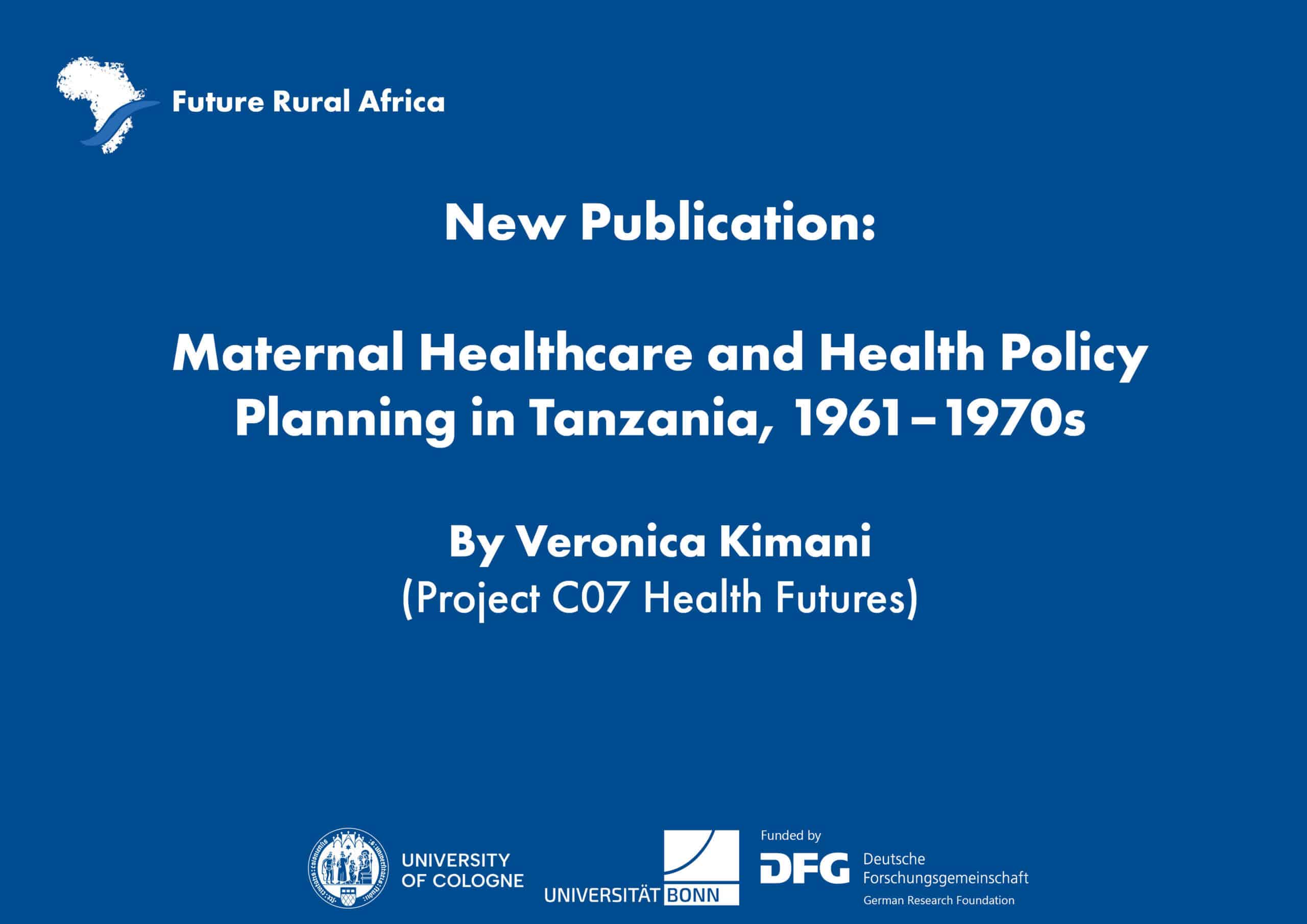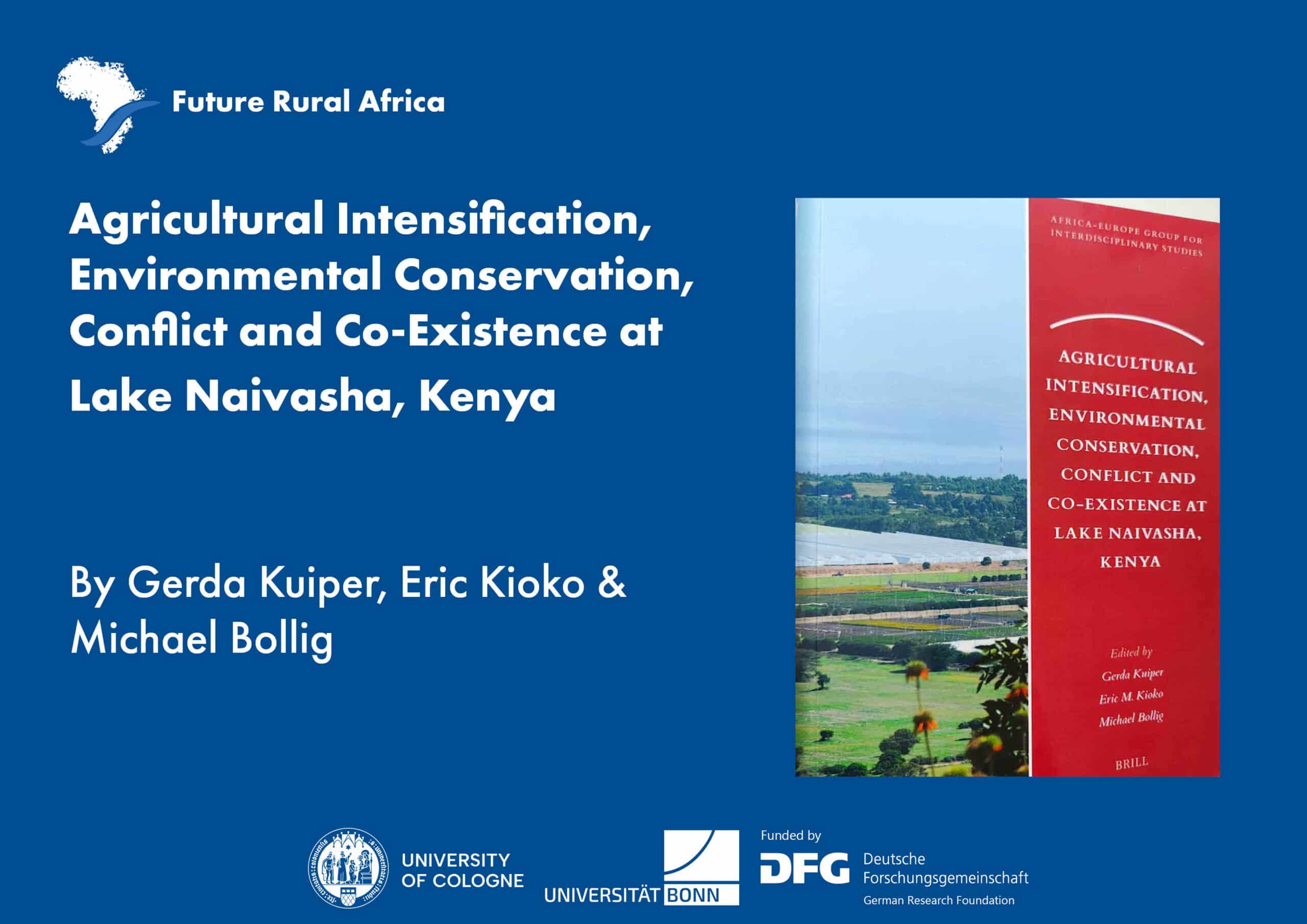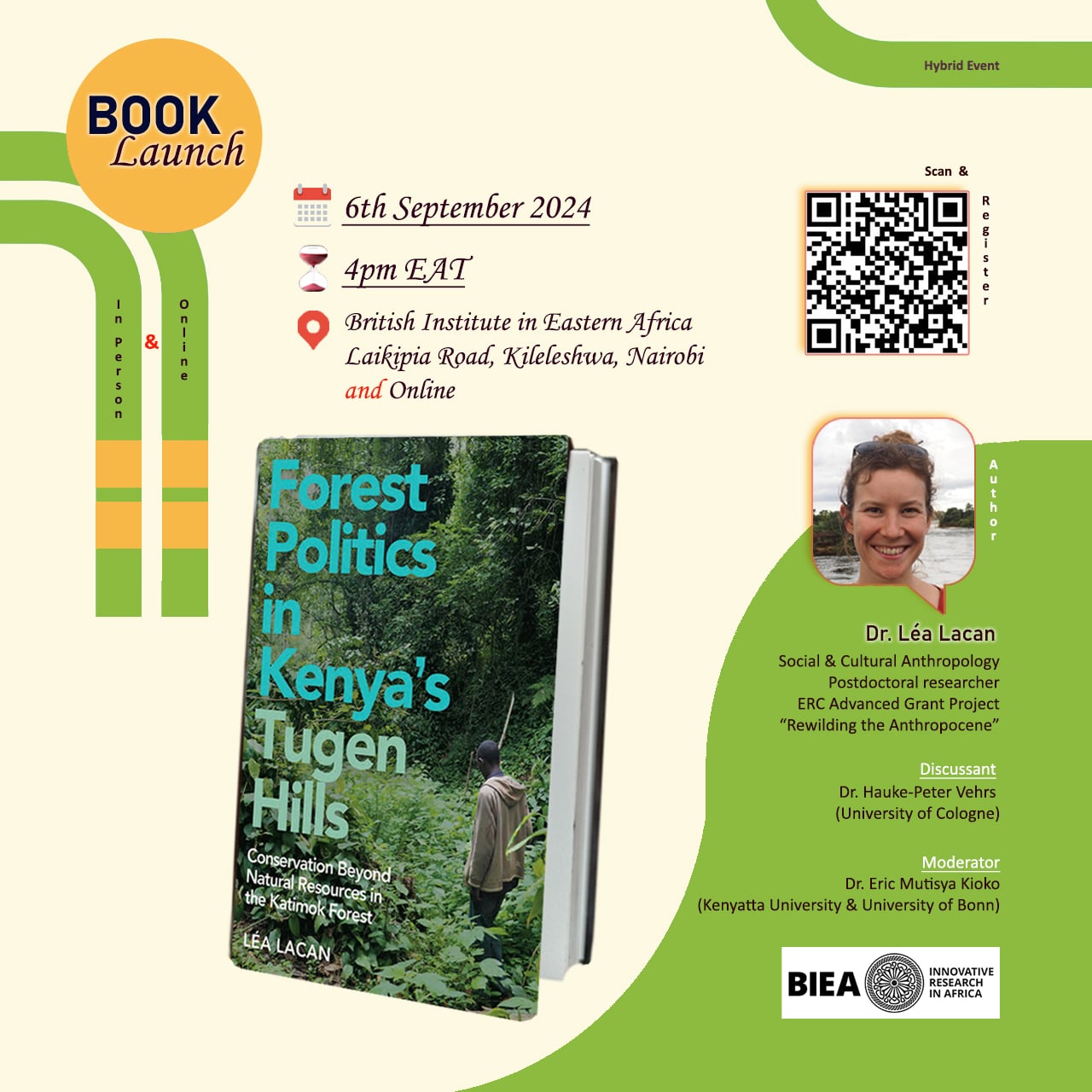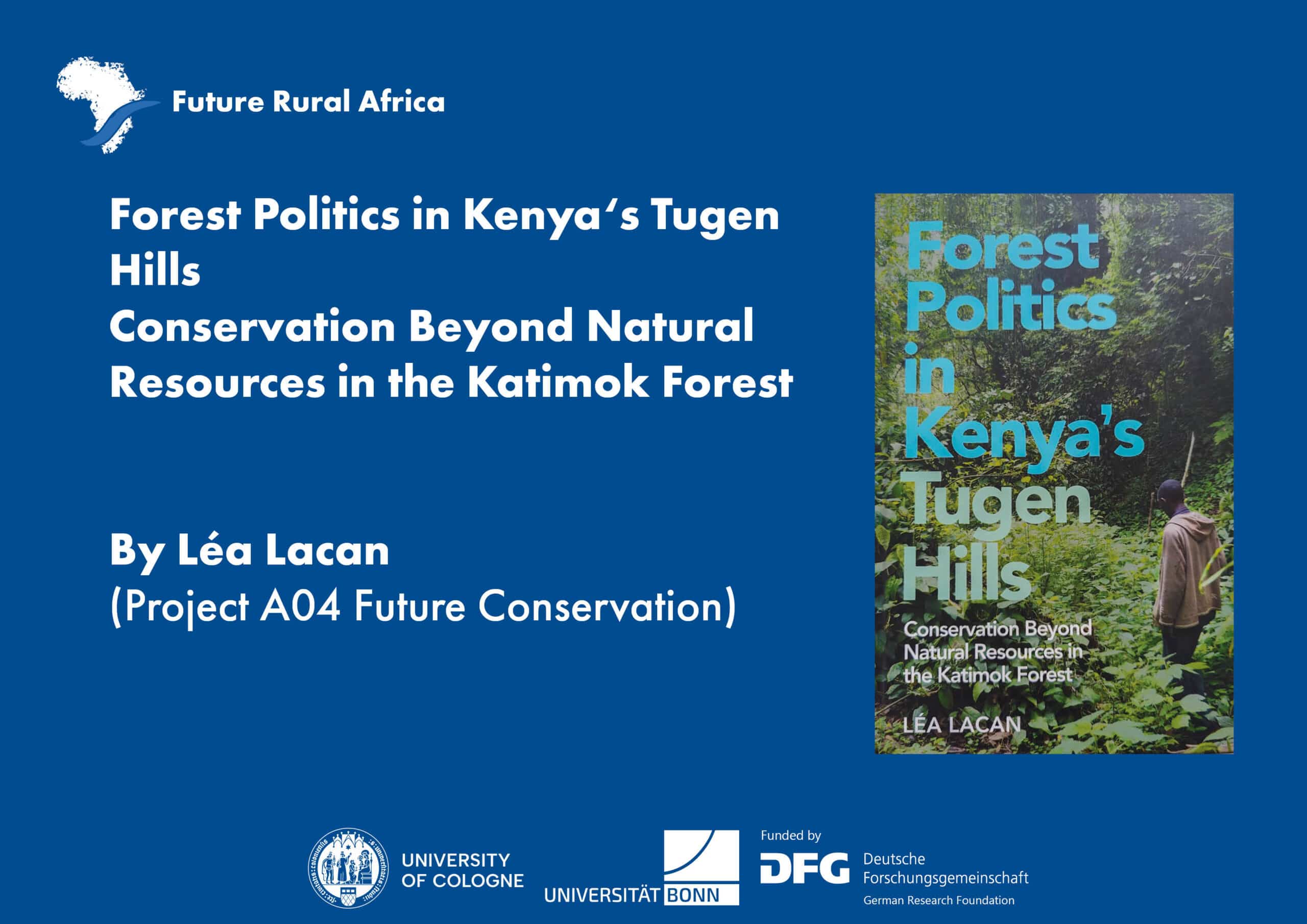By Frankline Ndi, Project C02 Energy Futures
It was a very exciting experience visiting Kenya for the first time. My exploratory visit lasted for one month, from 11 November 2022 to 10 December 2022, during which I travelled to many parts of the country. As postdoc in the C02 project on “Energy Futures” I am particularly interested in wind, solar and geothermal energy and related infrastructural developments.
I visited renewable-energy project sites in Baringo, Naivasha and Suswa (geothermal), Ngong and Kipeto (wind), Meru, Isiolo, and Eldoret (solar). During my trip I was impressed by the country’s road network and other infrastructures like rail lines and local airports as well as its beautiful natural environment. For example, at the top of the Paka Hills in Baringo, one could appreciate the beauty and vastness of the East African Rift Valley. In the Suswa Mountain area, there is an attractive cave and a caldera hosting many plants and animal species as well as a community-owned conservancy which we visited together with our partner Kennedy Mkutu. However, these beautiful landscapes are also attractive sites for renewable-energy production and thus for large-scale land investors. To make things more complex, agricultural and pastoral communities are depending on the same land for their livelihoods.
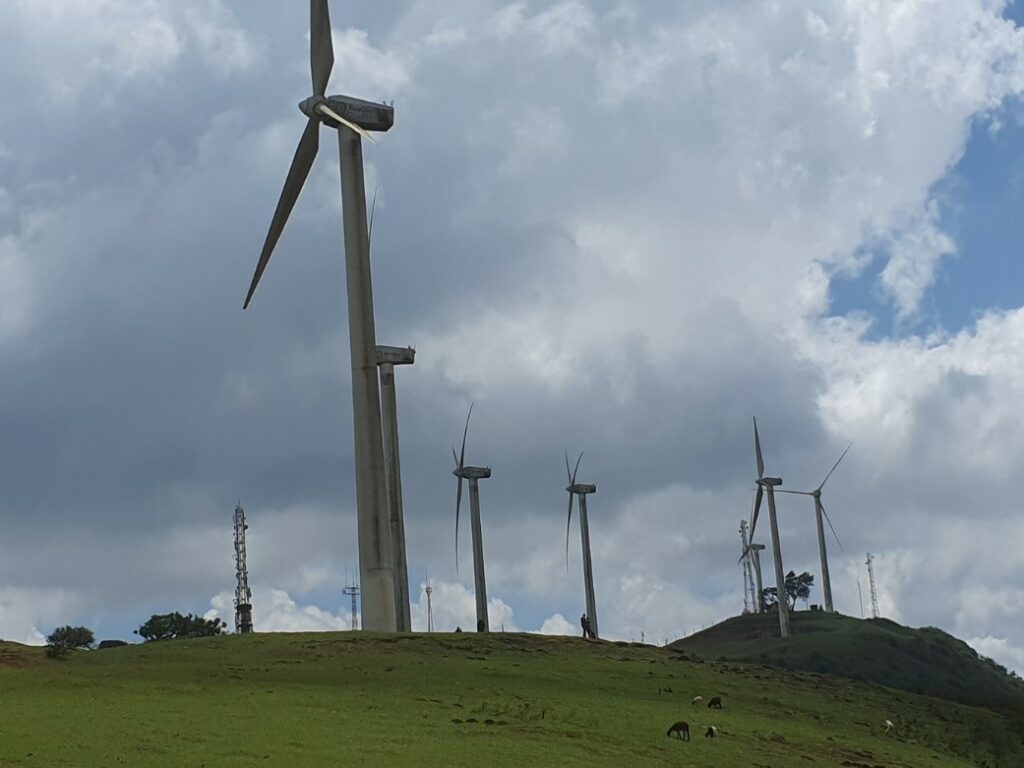
Striving to become a middle-income and industrialized country in its Vision 2030, the government of Kenya seeks to expand its electricity production immensely through investment in renewable energies. Currently, about 90% of the country’s electricity comes from renewable sources such as hydro, geothermal, wind and solar. Across Africa, Kenya is a pioneer and leader in geothermal development with a geothermal capacity of roughly 900 MW.
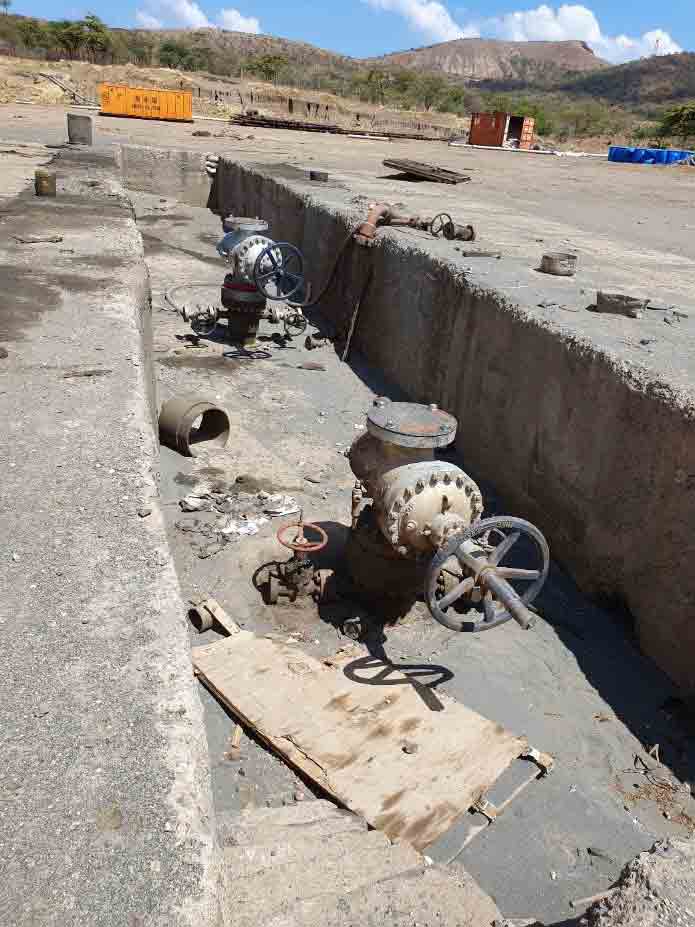
Research in the CRC’s first phase (2018-2021) of the “Energy Futures” project already found that the development of (not only renewable) energy projects in different parts of the country is far from being a smooth ride due to contestations over land, compensations, employment opportunities and other issues, including tribal and clan politics (see, for example, Greiner, 2020; Greiner et al., 2022; Klagge et al., 2021). In this second phase of the project, I am particularly interested in understanding the dynamics accompanying the establishment of renewable-energy technologies in Kenya vis-à-vis the land rights of local communities with a focus on wind and solar projects, which will complement our existing in-depth research on geothermal. In my research I plan to research the role and interaction of the state, investors and other key actors and institutions involved in the governance and management of renewable-energy projects in Kenya.
In Kenya, as well as in other parts of the developing world, the debates around large-scale land acquisition for various ‘development projects’, including, but not limited to renewable-energy projects often oscillate around the role of the state and other key stakeholders in negotiating access to land. The debates inherently involve questions about state authority, governance and property (Peluso and Lund, 2011; Peters, 2013), wherein the state has to be conceived as a complex and differentiated actor with internal inconsistency in its agenda and practice at different levels (Moreda, 2017; Moore, 1993).
In 2023 I will continue to conduct fieldwork in Kenya to unpack the role of the state and other key actors in land negotiation and acquisition for wind and solar projects. I will examine whether and how they benefit, and/or have negative impacts on, communities, and how energy policies facilitate or impede the expansion of renewable electricity generation in the country. Researching these dynamics shall enable the CRC research consortium to have a better understanding of the future of Kenya’s energy sector and its impact on the local and national socio-economic development in the country.
References:
Greiner, C. 2020. Negotiating access to land and resources at the geothermal frontier in Baringo, Kenya. In: Lind, J., Okenwa, D. and Scoones, I. (Eds.) Land, investment & politics: Reconfiguring Africa’s pastoral drylands. Woodbridge: James Currey, 101-109.
Greiner, C, Klagge, B, Grawert, E, Mkutu, K 2022, ‘Future-making and scalar politics in a resource frontier: Energy projects in northern Kenya‘, PLAAS Working Papers, No. 63. Full Text
Klagge, B., Greiner, C., Greven, D., Nweke-Eze, C. 2020. Cross-scale linkages of centralized electricity generation: Geothermal development and investor-community relations in Kenya’s semi-arid North. Politics and Governance, 8(3), 211-222. DOI
Moreda, T. 2017. Large-scale land acquisitions, state authority and indigenous local communities: Insights from Ethiopia. Third World Quarterly, 38 (3), 698-716. DOI
Moore, D. 1993. Contesting terrain in Zimbabwe’s eastern highlands: Political ecology, ethnography, and peasant resource struggles. Economic Geography, 69 (4), 380-401. DOI
Peluso, N., and Lund C. 2011. New Frontiers of land control: Introduction. Journal of Peasant Studies, 38 (4), 667-681. DOI
Peters, E.P. 2013 Land appropriation, surplus people and a battle over visons of agrarian futures in Africa’ Journal of Peasant Studies 40(3), 537-562. DOI


